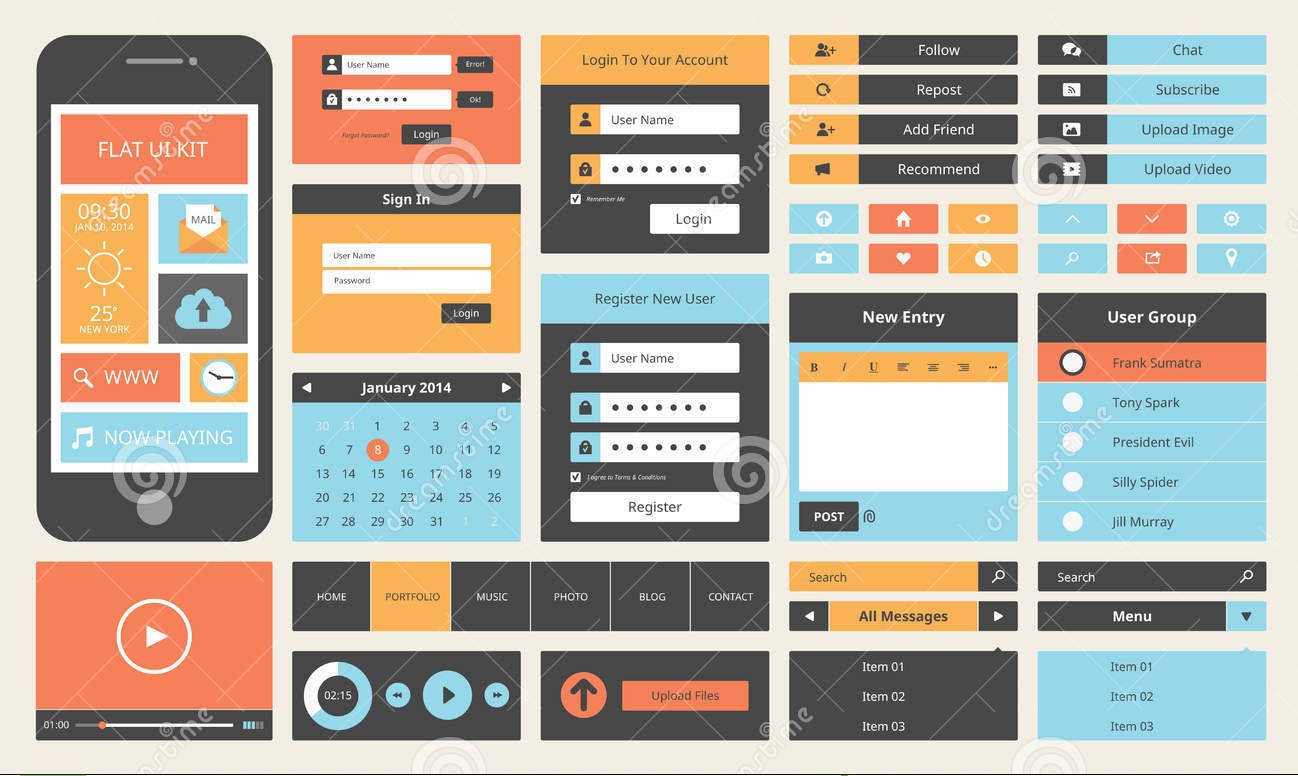Topic – Knowledge and Mental Models
Objectives
- Describe and give examples of how knowledge is represented
- Describe and give examples of how knowledge is organized
- Define the term “Mental Models” and describe how mental models assist in understanding systems
Be able to describe- Scripts
- Schemas
- Functional Mental Models
- Structural Mental Models
- Describe and give examples of the following design concepts
- Visibility
- Affordances
- Constraints
- Feedback
- Transfer Effect
- Natural Mappings
- Population Stereotypes
- Individual differences
Summary
This topic looks in the organization of knowledge and the use of various models to organize knowledge. It covers how a user forms a mental model and both structural and functional models. The design implications of various mental models are discussed with the concept of affordances. Methods of creating user interfaces that deal with individual user differences are presented.
Video
Reference Materials
The concept of a semantic network is presented well in Wikipedia – https://en.wikipedia.org/wiki/Semantic_network
Wikipedia has a good discussion and presentation of mental models at https://en.wikipedia.org/wiki/Mental_model
Don Clark has an excellent discussion of learning and declarative knowledge here – http://www.nwlink.com/~donclark/learning/declarative_knowledge.html
A great article on cultural issues (which effects cultural mapping is presented by Nehal Shah here – http://www.humanfactors.com/newsletters/cross-cultural-considerations-for-user-interface-design.asp
Additional Information
